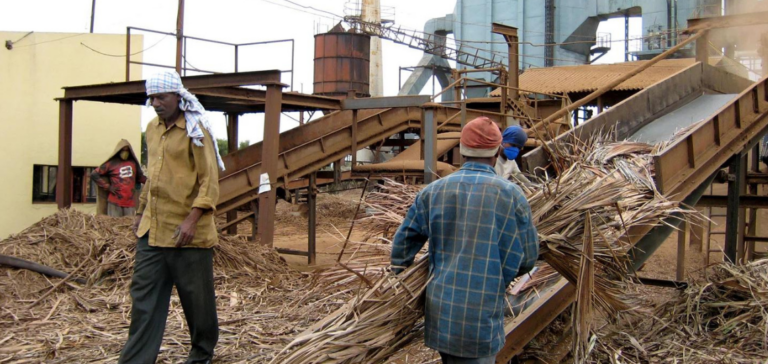India, a nation in constant evolution, is taking a significant step forward in its quest for more sustainable energy. The Department of Energy recently announced a benchmark price for biomass pellets, a decision that could reshape the region’s energy landscape.
The price, set at 2.27 rupees per 1,000kcal (around $0.027 per 1,000kcal), is designed to encourage the addition of capacity and co-combustion with coal. In fact, this applies specifically to northern India, with the exception of the national capital region.
Criteria and Application of the New Biomass Price
Pellets with a moisture content of less than 14% and a gross calorific value of between 2,800 and 4,000 kcal/kg must meet strict criteria. Price excludes goods and services tax and shipping costs.
Changes and implications of the co-combustion policy
This initiative is part of the recommendations of a price referencing committee, and will be in force for one year from November 8. Thermal power plants in the region are asked to respect this reference price.
The Ministry modified a policy in June, aimed at co-combining biomass with coal. This includes reporting the start date and announcing the establishment of a committee to implement price referencing and biomass purchases.
Long-term objectives and Biomass Export Potential
In the original policy, announced in October 2021, Indian utilities were encouraged to co-combine 5% biomass from October 2022, in order to reduce coal consumption and limit pollution.
Co-firing was initially scheduled to increase to 7% from October 2023 for two categories of power plant. However, the revised policy, announced in June 2022, requires all coal-fired power plants equipped with bowl mills to use a minimum blend of 5% biomass pellets from the start of India’ s fiscal year 2024-25 on April 1, rising to 7% from fiscal year 2025-26.
India’s initiative to set a benchmark price for biomass pellets and encourage their co-firing with coal represents a significant step forward in the country’s energy transition. This policy, focused on sustainability and efficiency, could not only transform India’s energy sector, but also serve as a model for other nations seeking greener energy solutions.






















